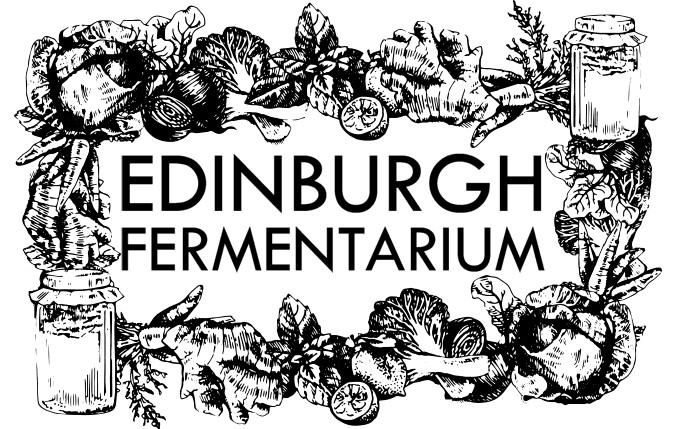x: Book Club
The Nation of Plants: A radical manifesto for humans (Mancuso, S., Trans. G. Conti: Profile Books, 2021) Reviewer: Kyra Pollitt There’s a fine history of manifestos in art, and I’m a fan. So, to be gifted this ‘radical manifesto for humans’ was a real treat. I hadn’t heard of Mancuso, but I was clearly behind the curve. He’s a globally recognised expert on plant intelligence. It shows. Don’t let that put you off, though. His command of science is thorough, but his writing bounces along easily and even joyfully— reading whilst queuing for my Covid booster, I laughed out loud. And speaking of the dreaded Covid-19, Mancuso goes up in my estimation for being one of few writers who clearly and boldly link the zoonotic pandemics of our times to climate disruption: The ever-higher numbers of viruses and microorganisms that are passing from other animals to people are one of the most direct consequences of the alteration of natural ecosystems. Bravo! The book centres around a ‘Bill of Rights’, presented by the ‘Nation of Plants’, consisting of eight Articles, each elucidated in its own chapter. Mancuso begins by positing the theory that humans (like other animals) organise their societies in ways that reflect their biology. Our bodies are centralised, hierarchical systems with discrete functions allocated to particular organs. This contrasts with the diffuse, horizontal organisations of plant biology and, consequently, the ‘mutual aid’ organisation of the Nation of Plants. To save the planet, Mancuso asks whether we might learn from plants and begin to do things differently. Along the way, Mancuso dissects some misconceptions and debunks a number of deeply embedded shibboleths. We revisit and question Linnaeus’ descriptions of the three kingdoms, trophic chains, and Darwin’s ‘survival of the fittest’: the theory of evolution argues for the survival of the most adaptive, not of
the best, the strongest, the smartest, the biggest, or the most ruthless… Since they are impossible to predict, Darwin never draws up a list of the characteristics that must be possessed by the most adaptive. With the Nation of Plants firmly established as the template, Mancuso can turn the tables on misguided conservation (p.79), levels of human consumption, and issues of climate migration. Plants, Mancuso points out, do not consume resources in the same exploitative way, and migrate freely. In an epilogue ‘Address to the United Nations General Assembly by the Representative of the Nation of Plants’, Mancuso implores humanity to: Take inspiration from us, reason and organise yourselves as we do, and three billion more humans will become an enormous resource. Because every individual is a resource, an opportunity, a potential contributor to the solution of our 47
















